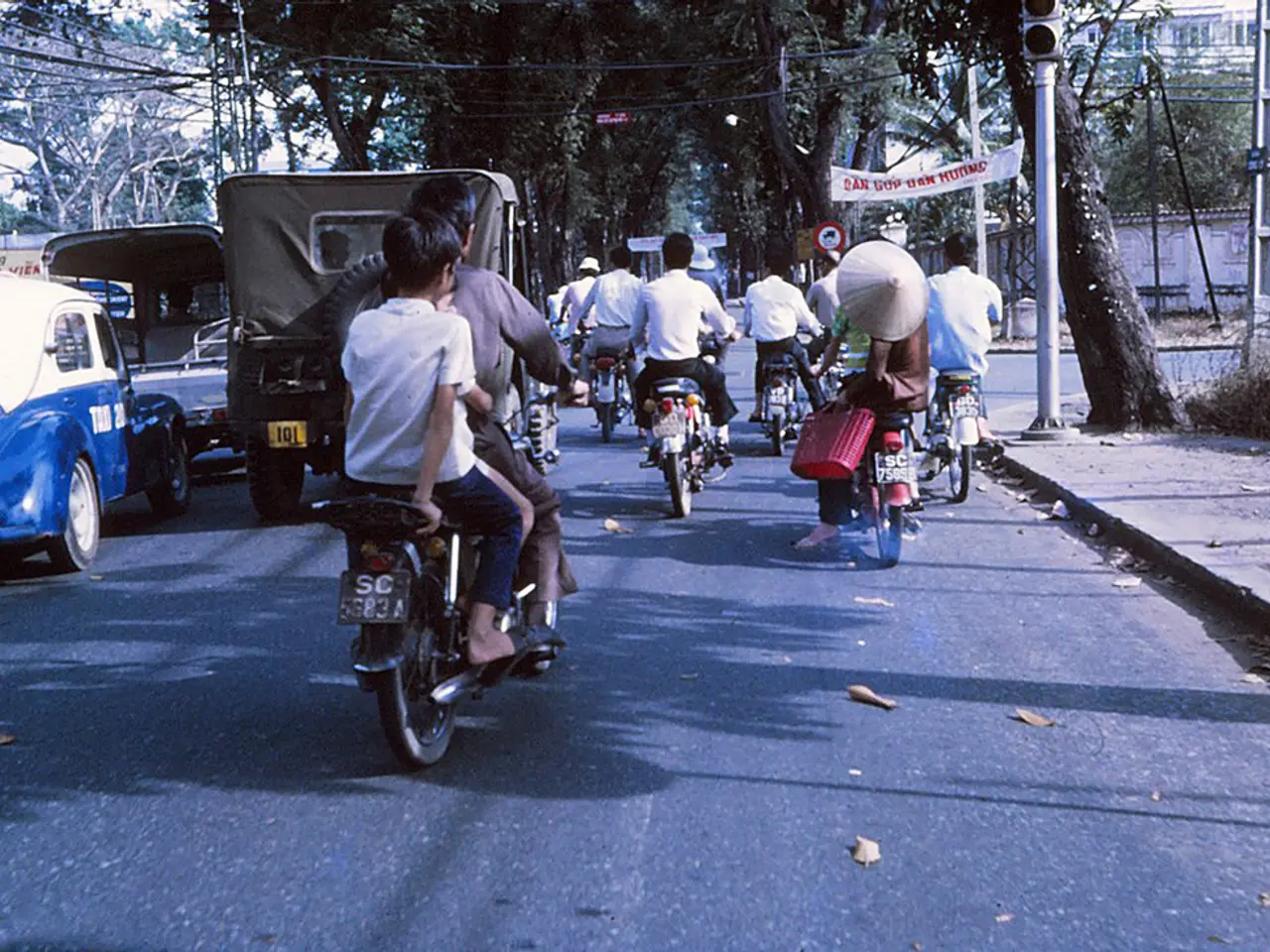Increase in Tourism Revenue by 52%Linked to Legalization of Gambling in Thailand
In a significant move towards modernizing its entertainment industry, Thailand is making strides in legalizing gambling, with the official recognition of poker as a sport. This recognition, announced in July 2025, marks the beginning of a new era for competitive poker under strict regulatory conditions.
The Interior Ministry's decision to lift the traditional ban on poker tournaments, dating back to 1958, is a testament to the government's commitment to promoting sports tourism and boosting the local economy. Poker's global popularity and skill-based nature, involving mental acuity and strategic thinking, have made it an attractive addition to Thailand's sports landscape.
While poker is moving towards legal competitive play, other forms of gambling remain restricted. The government is cautious due to social concerns like gambling addiction, but discussions about expanding gambling options such as destination casino resorts are ongoing. However, these efforts face public opposition and are currently stalled.
The legalization of poker is expected to generate new revenue streams from tourism and international tournaments, help position Thailand as a global sports tourism hub, and create jobs. For instance, the training of professional poker dealers and tournament operators supports both the hospitality and events sectors.
A committee led by Deputy Finance Minister Julapun Amornvivat is tasked with developing a concept for the legalization of gambling in Thailand. The first draft of the gambling concept shifts the investment risk to the companies that want to build casino complexes with attached hotels.
The Thai government expects an increase of 12 billion USD in additional revenue if gambling is legalized, based on a study. This potential influx of funds could provide a significant boost to Thailand's GDP, representing a 1.16% increase.
The fight against the prevalent black market in Thailand is another argument for legalizing gambling, according to Deputy Finance Minister Amornvivat. He believes that legalization could help regulate and control the industry, reducing the influence of illegal activities.
Labor Minister Phiphat Ratchakitprakarn expects up to 50,000 jobs could be created through the legalization of gambling. He also believes that the construction of casino complexes outside the main tourist hotspots could help to enhance these areas, benefiting the local population.
The Galaxy Entertainment Group and MGM Resorts International have expressed interest in investing in gambling in Thailand. The timeline for the implementation of gambling legalization in Thailand is unclear, as a corresponding draft must be worked out first. However, the committee's findings and the potential economic benefits could provide new arguments for the project to push through parliament, facing minimal parliamentary resistance due to the Prime Minister's support for the plans.
In summary, while gambling broadly remains restricted, Thailand is in the process of legalizing poker as a sport with promising economic and job creation prospects, contingent on forthcoming regulatory steps. The country's cautious approach to broader gambling legalization reflects its commitment to addressing social concerns while seizing the economic opportunities that legalization presents.
What implications could the legalization of sports gambling, starting with poker, have for the Thai economy and sports tourism industry? Could this shift help to regulate and control the black market, and create an estimated 50,000 jobs?





